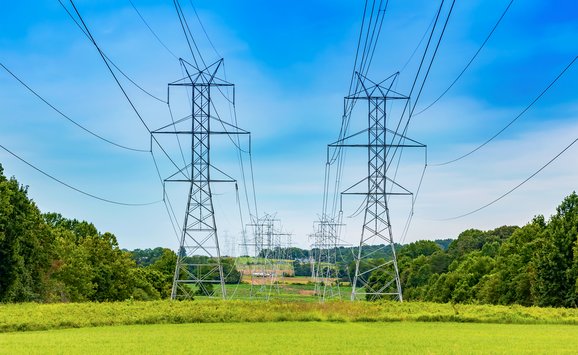On October 15, Bob Nordhaus, one of the most respected figures in US energy policy, sat down with RFF President Phil Sharp to discuss the evolution of US climate policy. Below are excerpts from that conversation. A video of the full discussion is also available.

On drafting a key provision of the Clean Air Act in 1970:
“I don’t think anyone had any idea that what they were working on then was going to be as important, both from the point of view of air pollution and policy, but also from the point of view of how our environmental law developed, as it turned out to be.”
On choosing the Clean Air Act to regulate greenhouse gas emissions:
“The regulation of greenhouses gases under the Clean Air Act is not preordained by some divine power. It’s a policy choice that became necessary once, what I would regard as a more administrable, efficient, and less costly legislative program to control these gases failed in the Senate. EPA, quite understandably, said, ‘We never really wanted to do this. It’s not the best way to control greenhouse gases, but it’s what we’ve got and we’re going to do it.’”
On limitations of the Clean Air Act:
“If you look at what can be done under the Clean Air Act to control greenhouse gases, it’s apparent, to me anyway, that trying to do it under the Clean Air Act is not the best way to do it, in an ideal world … for a couple of reasons. You have limited coverage; the Clean Air Act mechanism can’t reach a lot of sources of CO2 in the economy … and it reaches them in a way that is not necessarily economically efficient. You can’t use the Clean Air Act to set up an economy-wide trading program because the Clean Air Act is designed to have different compartments, so you can’t do trading between the transportation sector and electric power plants.”





